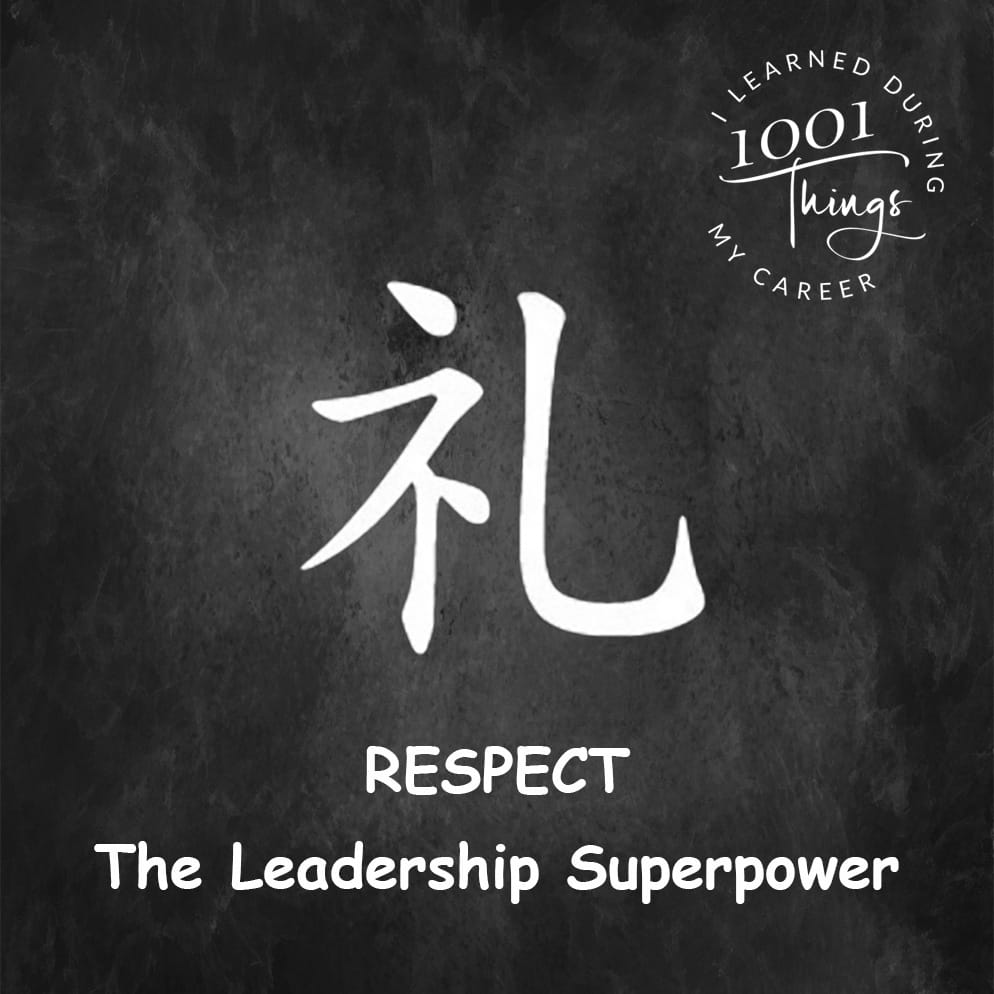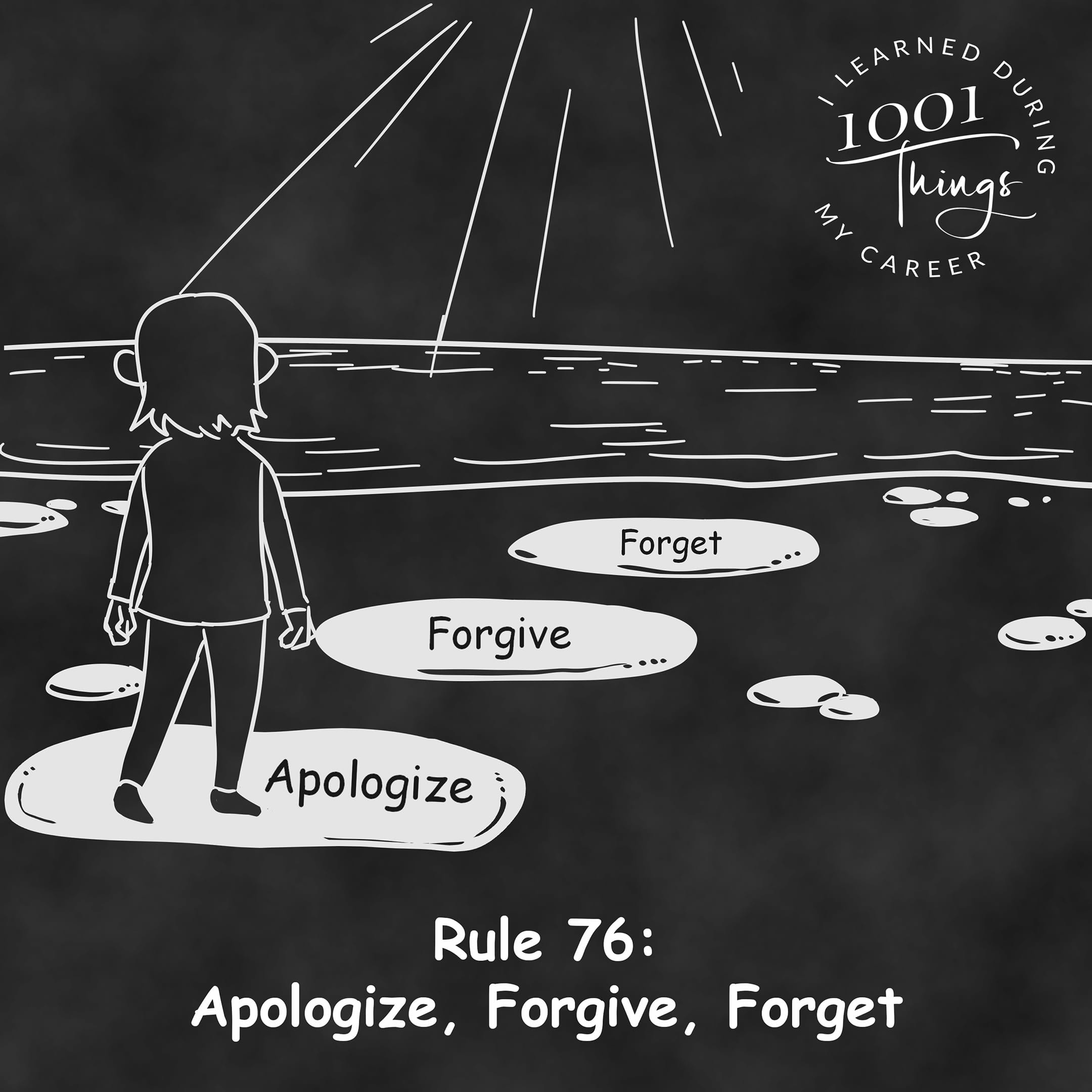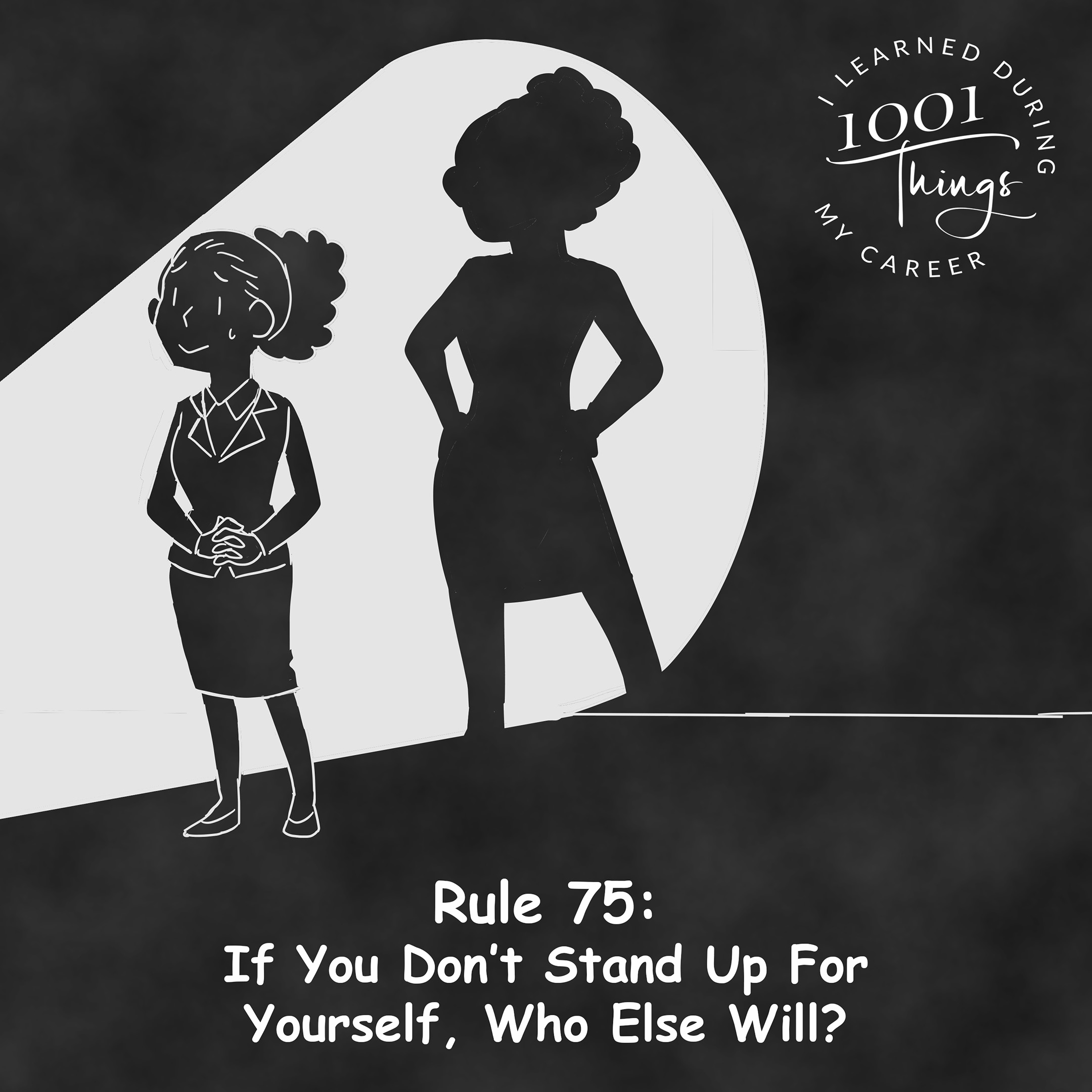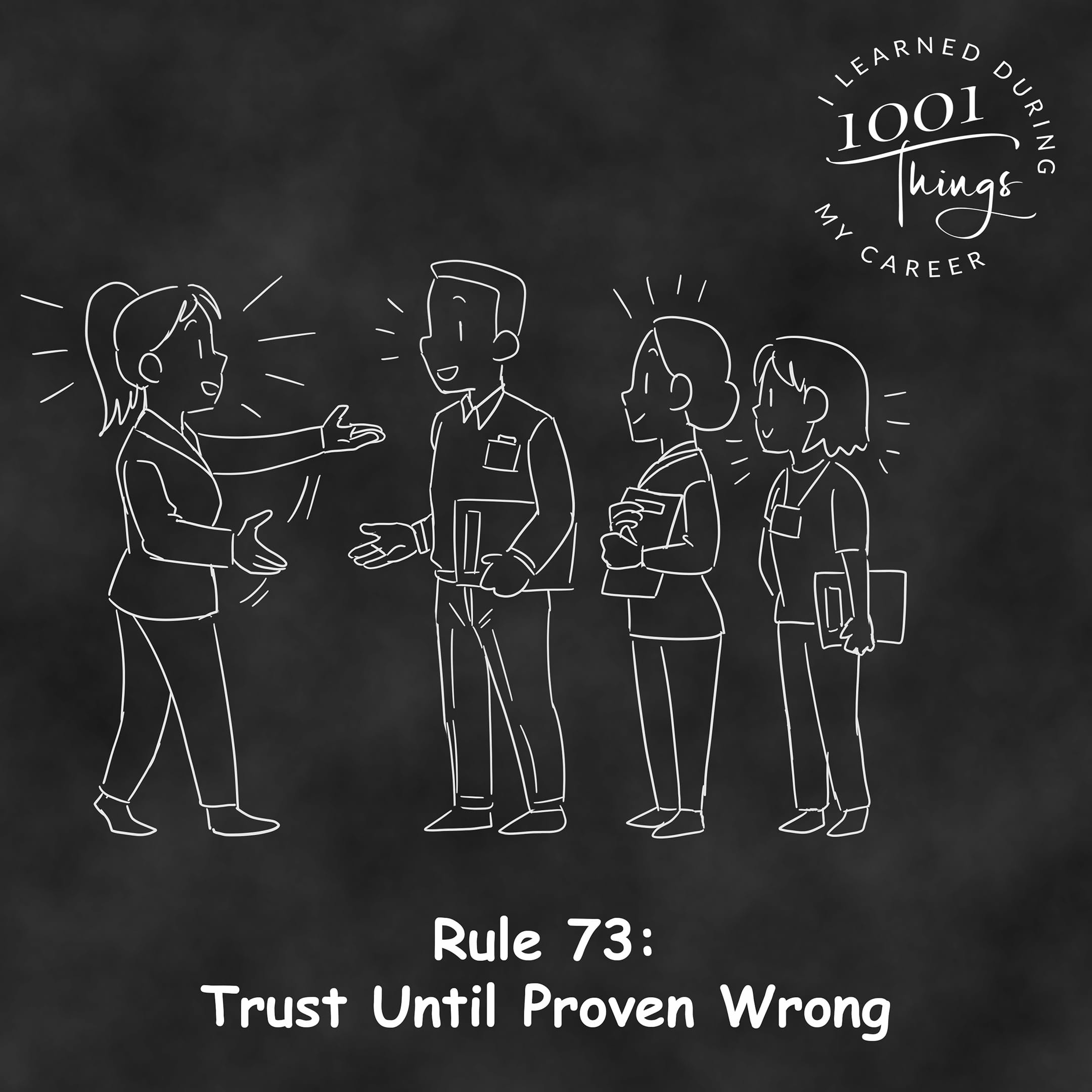Respect is not given; it is earned. In Bushido, “REI” (礼) represents respect, courtesy, and consideration for others. The Samurai understood that true strength is not just about power but also about humility and treating others with dignity. They bowed to their opponents before battle and treated both allies and enemies with the same level of respect. This wasn’t a sign of weakness but rather an acknowledgment of shared humanity and the discipline required to lead with honor.
In leadership, respect is a two-way street: leaders who command respect do so not through fear or authority but through the way they treat their teams. A leader who listens, acknowledges others’ contributions, and values diverse perspectives creates a culture of trust and collaboration. A lack of respect in leadership leads to disengagement, high turnover, and a toxic work environment, whereas genuine respect fosters loyalty, innovation, and strong team morale.
Great leaders foster respect by recognizing the worth of their colleagues, regardless of rank or background. They know that respect fuels engagement, morale, and high performance.
Consider Satya Nadella, CEO of Microsoft, who transformed the company’s culture by prioritizing empathy and inclusivity. His leadership style, rooted in respect and active listening, reinvigorated Microsoft and positioned it as an innovation leader. He shifted the company’s mindset from internal competition to collaboration, ensuring employees felt heard and valued.
In politics, Jacinda Ardern, former Prime Minister of New Zealand, showed the power of respect in leadership. Her compassionate handling of crises, willingness to listen, and inclusive decision-making earned global admiration and strengthened her country’s unity. Her approach demonstrated that respect in leadership doesn’t mean avoiding difficult decisions but ensuring those decisions are made with empathy and consideration for all affected.
Ask yourself:
- Do I actively listen to others without judgment?
- Do I treat people with dignity, regardless of status?
- Do I create an environment where everyone feels valued?
Respect is a leadership superpower: it fosters loyalty, enhances teamwork, and strengthens the bonds that hold organizations and societies together. Leading with respect is not just good ethics – it’s good business.





